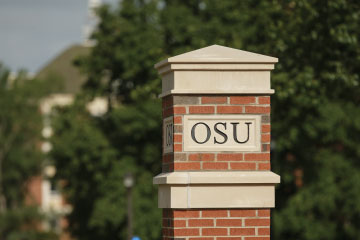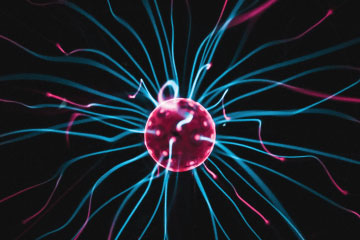Physics

Doctorate in Physics
There are approximately 50 graduate students in our department, in addition to eight
postdoctoral fellows and undergraduates in approximately 40 majors. The department
is large enough to do first-class research, yet small enough to pay close attention
to each student.

